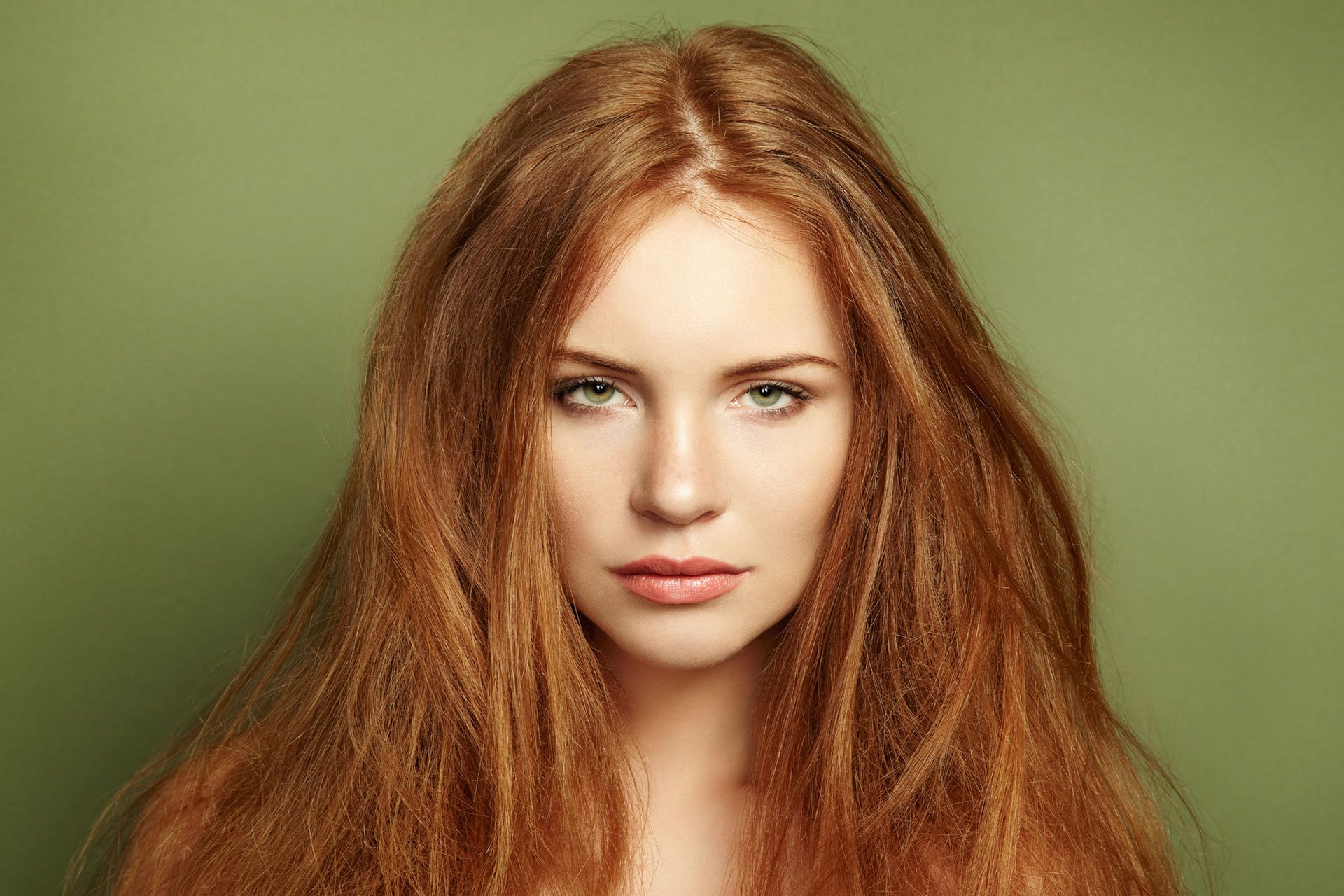Hair & Now: A Trichologist’s Top Tips for Thinning or Damaged Hair
Looking for tips to thick and healthy hair at every age? Iain Sallis shares his...
This post may contain affiliate links. Learn more
Worried about thinning hair? Or battling frazzled, damaged tresses? Violet Brennon gets some hair-raising answers from one of the UK’s leading trichologists Iain Sallis.
Why does our hair thin as we get older?
Our body is made up of millions of cells which are constantly renewing ourselves, these cells are constantly renewing themselves, but they do slow as we age. Therefore, our skin gets saggy, our joints ache more and why the cells that make our hair slow down causing the hair to become finer and grow for less time.
What can we do to prevent thinning hair if anything?
Some people are just lucky, they have genetically great skin and hair, but for the rest of us we must maximise our health to get the full potential out of our hair, this means:
- Not smoking (as well as a toxin, smoking acts as a vaso-constrictor, suppressing the blood supply to the follicles)
- Not being overweight (point 1 – for women, free oestrogen binds to fat cells so the more fat you have the less oestrogen you will have to suppress testosterone, the hormone that enacts genetic hair loss)
- Having a healthy diet – as you get older you are more likely to suffer from long-term health issues such as diabetes, thyroid issues, heart disease, in all cases the illness or the medication for the illness can severely affect hair loss.
- Eat more protein – the sulphur rich amino acids, found in red meat, oily fish and eggs are essential for hair growth and very much overlooked.
And if it is getting thin, is there anything we can do to reverse or improve it?
Usually, yes there is always something you can do to help hair recover, but as each hair loss issue is unique to that person and not just a one size fits all problem (like a headache). The hair loss experienced by that person may be due to an illness, nutritional deficiency, genetic or medication, so we must unpick what the issues are and address each problem individually.
‘But one piece of advice I would generally give is to be healthier and have a good protein rich diet.’
Why do women lose hair after having a baby? Does it actually ever grow back?
The problem is called ‘post-partum hair loss’ and it is quite temporary in itself, a percentage of the hair is shocked into an early shedding phase which after a few weeks falls out… This is when the panic sets in. Fortunately, the hair starts to grow back immediately, you just don’t see the ‘new’ hair for several months down the line. The only caveat to this is if there is an underlying issue that has been triggered by the birth, that can cause the hair to thin chronically until this issue has been rectified (e.g if you have a very low iron level after childbirth, the hair may carry on thinning until the iron level has been rectified).
Give us the low down on bleaching – how bad is it really for us and how often can we do it without it effecting our hair long term?
It’s really bad for your hair, even with all the nice words and descriptions the hair dressers use (a lifter, a lightener, a pre-colorant… it’s all the same, it’s a bleach). Bleaches remove colour from the hair by oxidisation, which also affects the actual proteins that the hair is made out of. As hair cannot repair itself (and no product can repair the hair fibres) once you have damaged the protein strands, that is they are damaged until the hair falls out or the damage is cut out.
As a rule, if you have to bleach your hair do it once and once only if you re-apply bleach to the same area of the hair you are very likely to make the hair snap off.
What are the biggest hair myths and how do you debunk them?
I love debunking hair myths. My favourite is that hair can be repaired after it is damaged (see above) or that hair grows after your dead…
Give us your top tips for keeping hair full and glossy naturally?
Hair dulls over time due to UV light degradation as well repetitive styling habits, excessive heat from straighteners is also a shine killer. For fuller hair, you need healthy hair, and this comes from within. As boring as it sounds a healthy diet and good health will beat the best shampoo and conditioner on the market hands down every time.
Are there any at home remedies we can do to add extra shine?
There’s a good recipe for a home hair pre-shampoo treatment which includes eggs, avocado, castor oil (or olive oil) all whipped together and applied to wet hair – it will make your hair lovely and soft. And then you just need to shampoo your hair afterwards.
See more natural beauty remedies here.
Finally, if we think all is lost, our hair is thin, stringy and frizzy and our confidence is at an all-time low – what’s the one thing that we can invest in to improve it?
Book a consultation with a qualified trichologist, there is no quick fix for thinning hair and no off the shelf product that would work better than finding out what really is going on with your hair. Then you can treat it from there.
MORE HAIR & BEAUTY: The Best Luxury Shampoos for All Hair Types / Get The Hair You’ve Always Wanted With Expert Tips

